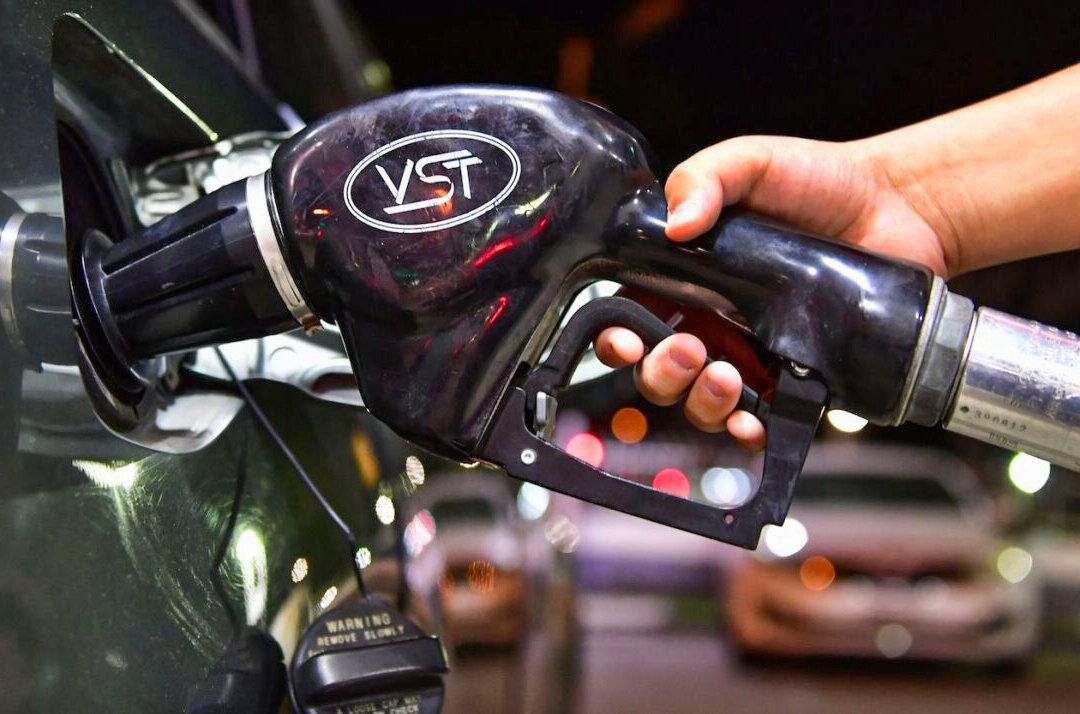In response to skyrocketing gas prices, five Democratic governors have sent a joint letter to Congress urging lawmakers to approve the Gas Prices Relief Act, which would suspend the federal gas tax for the rest of 2022.
Govs. Tom Wolf of Pennsylvania, Gretchen Whitmer of Michigan, Jared Polis of Colorado, Michelle Lujan Grisham of New Mexico, and Tony Evers of Wisconsin sent the letter on March 8 to House Speaker Nancy Pelosi (D-Calif.), House Minority Leader Kevin McCarthy (R-Calif.), Senate Majority Leader Chuck Schumer (D-N.Y.), and Senate Minority Leader Mitch McConnell (R-Ky.).





